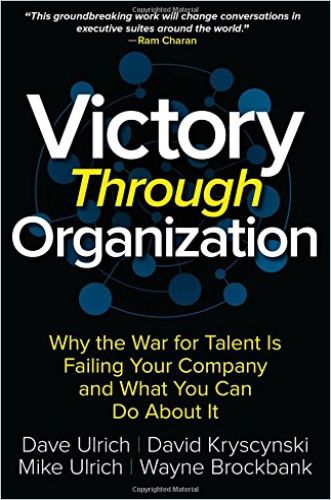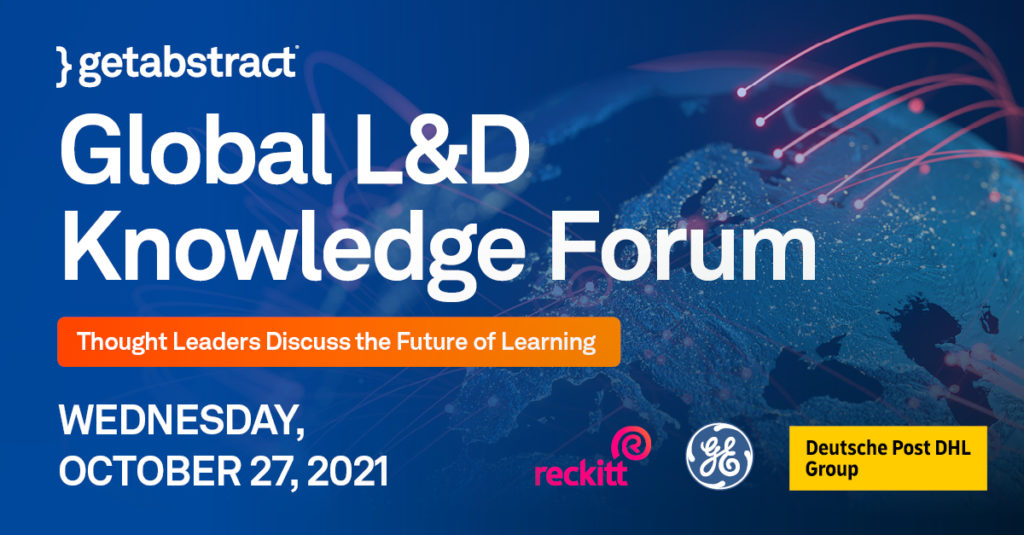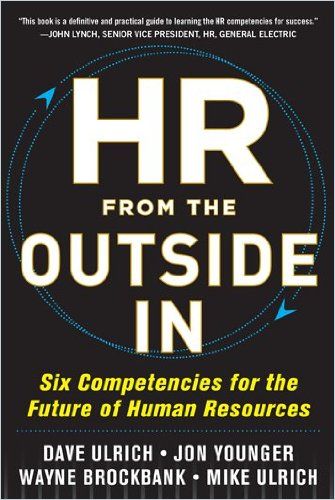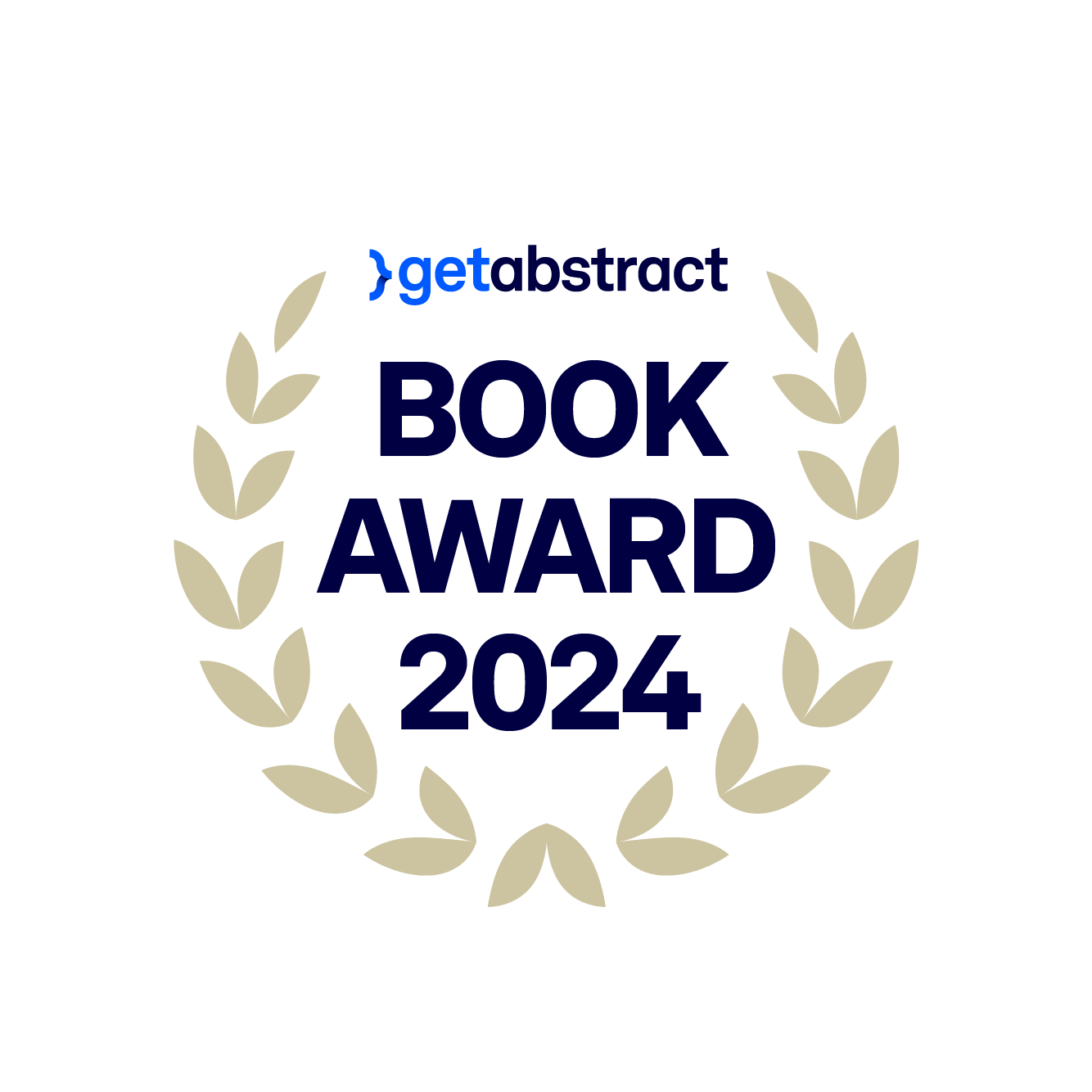“Context Is the Kingdom”

Dave, you say companies that are able to constantly evolve will be the most successful in the 21st century. What is a “reinvention framework”? And what are the most important questions a company can ask itself and leadership when it considers reinvention of its enterprise architecture?
Dave Ulrich: Simply defined, reinvention is about adapting, changing or transforming to external contextual conditions. It has been said that content is king; but context is the kingdom in which the king (or queen) operates. Individuals, leaders and organizations reinvent themselves when they anticipate and act on future contextual conditions. In our work on Reinventing the Organization, we identified how organizations can adapt to changing business context by evolving to a new organizational logic and form (called Market Oriented Ecosystem).

Your call to “embrace paradox” in Victory Through Organization is exactly the mind-set HR professionals and business leaders need to stay nimble. What is the best way to build the organizational support for that kind of flexibility – so that business leaders are in a position to lead honest discussions in a volatile and uncertain world? And where does L&D fit into this more flexible organizational architecture?
To adapt and reinvent, individuals and leaders need to explore options. Paradox navigation comes through recognizing alternatives and then engaging in a positive dialogue about those options. For example, how do we focus on growth and cost? Short and long term goals? Local and global conditions? Navigating paradox requires an ability to disagree without being disagreeable, to explore options openly and then to resolve a solution that balances both extremes. L&D settings should be a forum for such dialogues where options are explored openly and candidly.

What does it mean to be a learning organization today?
We studied learning organizations and evolved a simple definition: the ability to generate and generalize ideas with impact. Generate means to explore new ideas and options through continuous improvement, competence acquisition, boundary spanning and experimentation. Generalize means to share ideas across boundaries (time, space, location) by moving people, cross-functional teams, incentives or shared authority. The ideas with impact element implies that learning should be about those ideas that matter.
How can HR professionals get that “outside in” view of their organization and bring it into their company?
Traditionally, HR focuses on being efficient, discovering best practices or helping deliver strategy. These legitimate agendas focus inside the organization. An outside in view focuses on doing HR to add value to customers, investors and communities outside the organization. This means HR should spend time considering these external stakeholder interests and include these stakeholders in designing and delivering HR work. Outside in may include the presence of customers or the essence of what customers would say.

How can companies be sure they are getting knowledge that their employees need to them in a way that is useful?
The half-life of knowledge – when 50% of what we know is out of date – is getting shorter. To maintain relevant knowledge, leaders need to create a continuous learning culture where new ideas are encouraged, shared and acted on. Getting new ideas to employees comes from encouraging active learning through reading, listening and observing. Employees should be encouraged to probe new alternatives by seeing what others are doing, sourcing ideas from thought leaders and exploring options.
What are the opportunities for business as well as perils exposed by the pandemic-induced business transformation to digital? What’s the biggest takeaway for L&D?
No question the 2020/21 crises – global pandemic, political divisiveness, social injustice, economic uncertainty and emotional malaise – have accelerated change. The anticipated technology revolution has occurred quicker than ever. Technology enables digital information that can be shared remotely. Technology enables more personalization of work. Learning will be personalized to each individual: some in person; some virtual; some hybrid; some self-paced, and so forth. L&D will be delivered differently and be more important as the pace of change increases.
About the Author
Dave Ulrich is a professor at the University of Michigan’s Ross School of Business and a partner at the RBL Group. He’s the author of several books including Victory Through Organization, Leadership Sustainability and HR from the Outside In.





